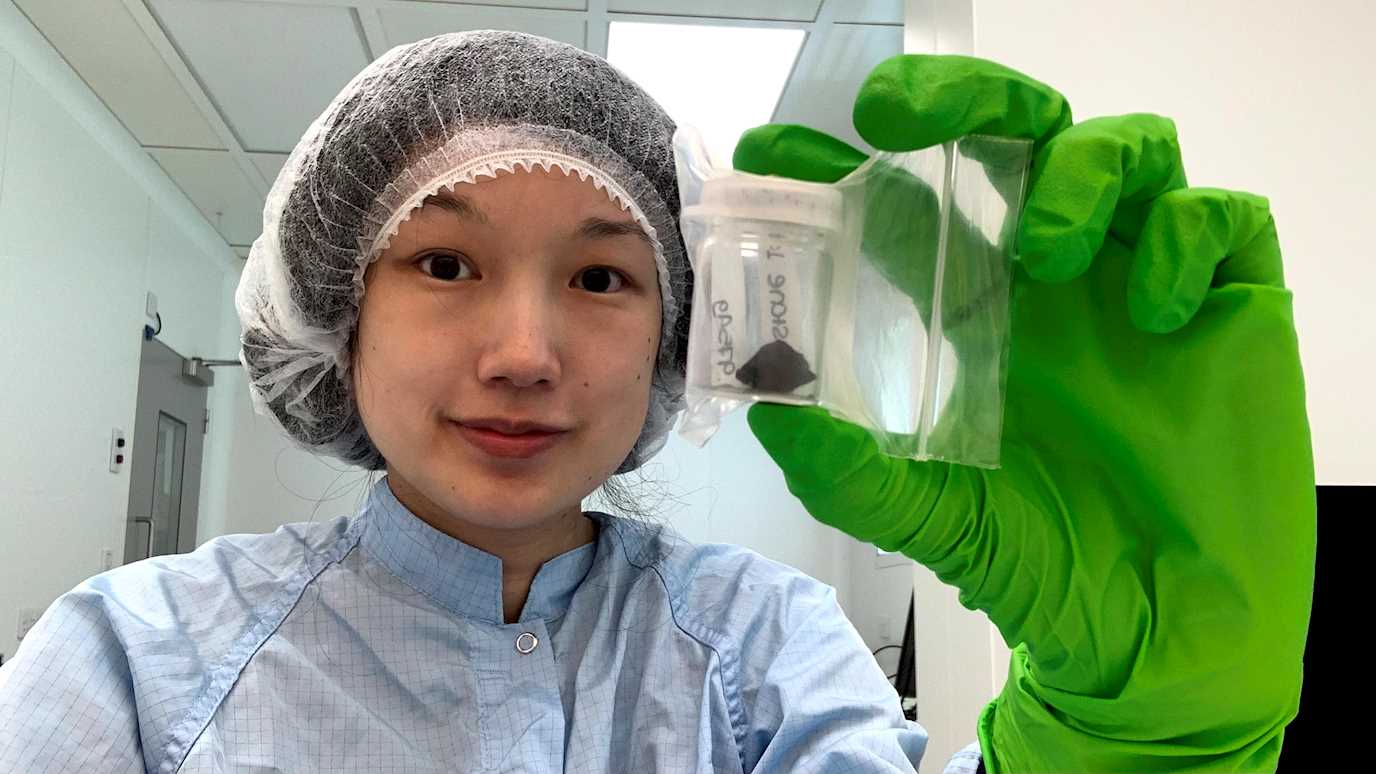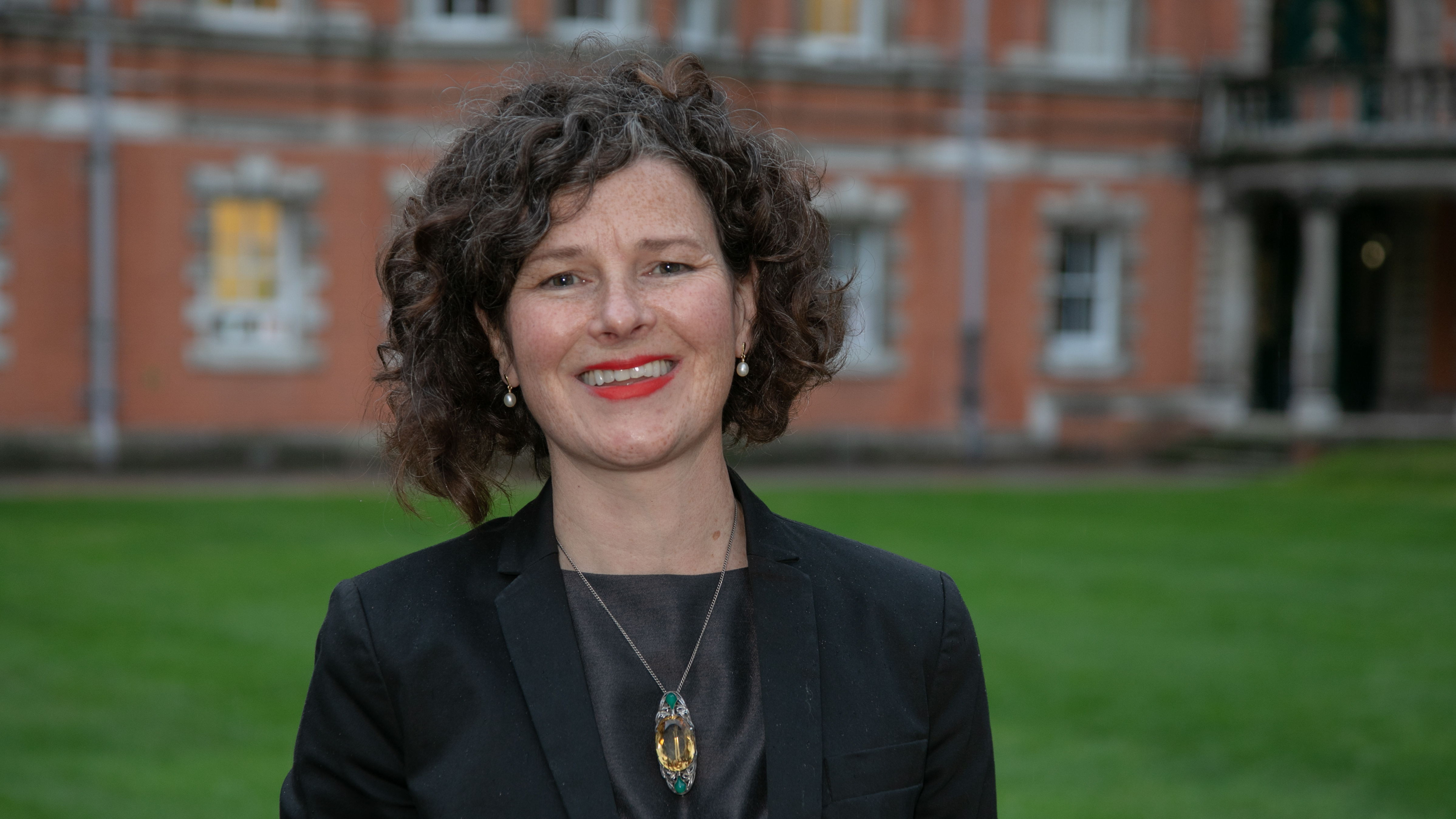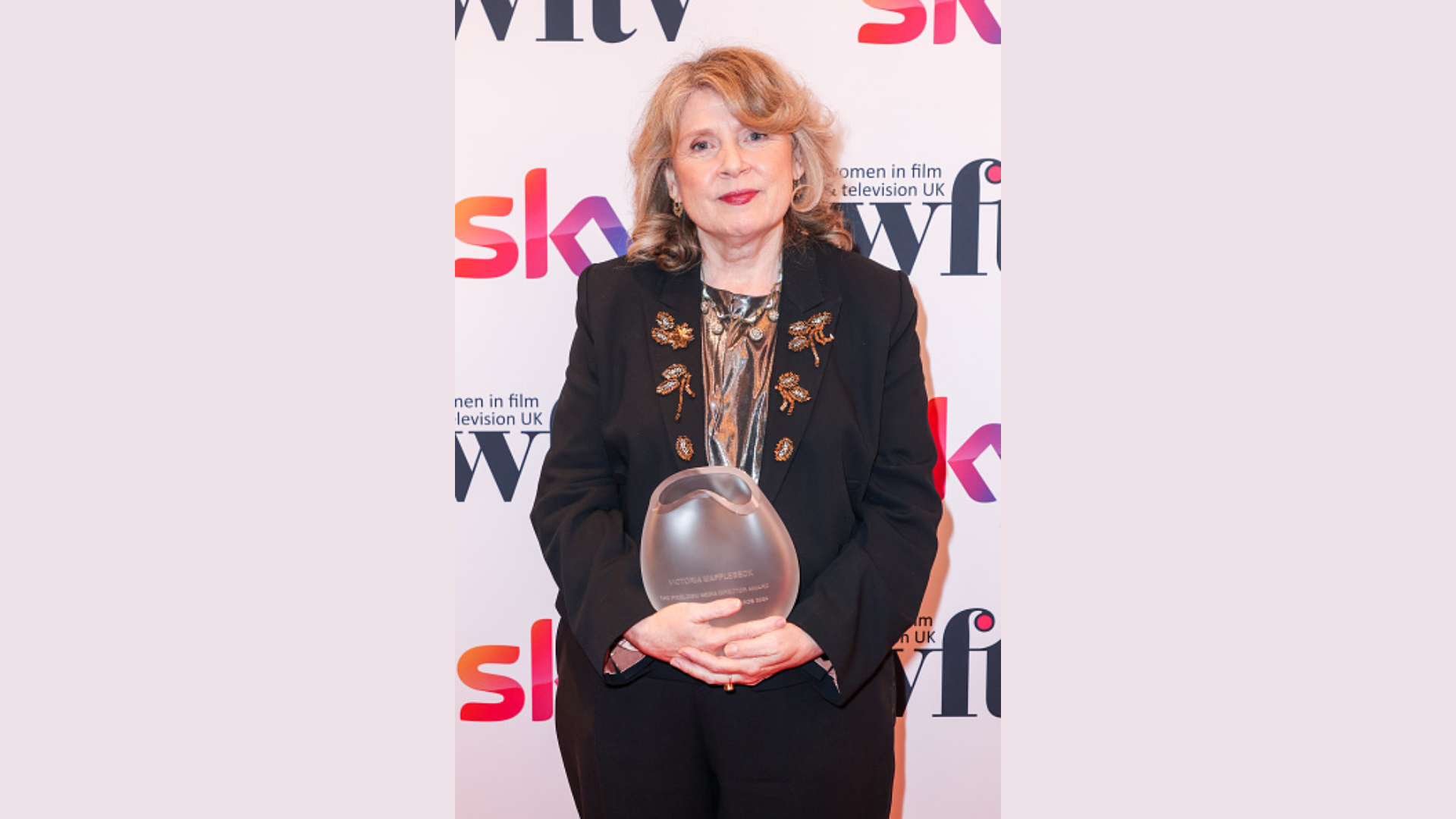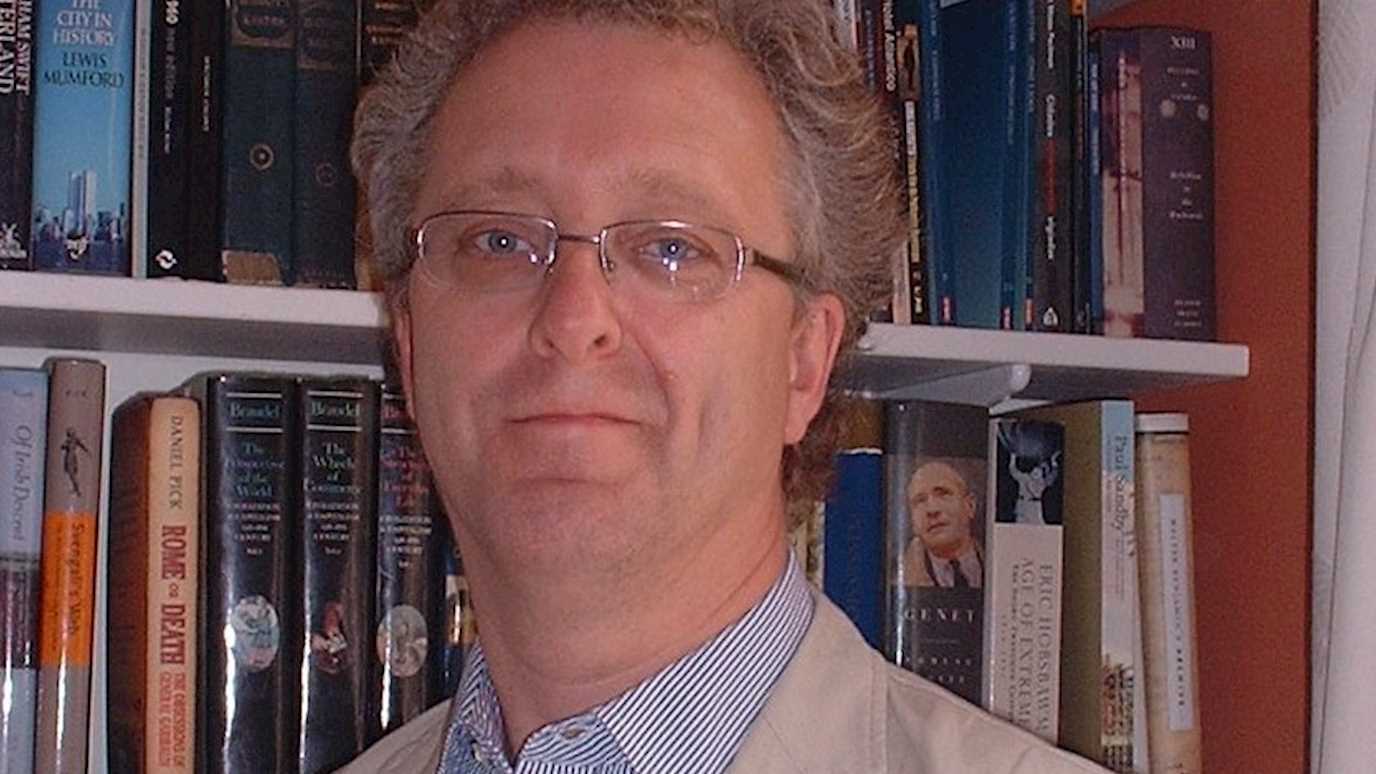Japan Aerospace Exploration Agency (JAXA) selected 40 research proposals from nine countries for its first International Research Announcement of Opportunity (AO), with the UK being chosen as lead on one entry to study samples collected from the Ryugu asteroid by the Hayabusa2 mission.

Dr Queenie Chan
Royal Holloway is leading on the research with Dr Queenie Chan, from its Department of Earth Sciences. Dr Chan will be heading the project, Water and organics of Ryugu, with partners from the University of Kent, the Natural History Museum, London, NASA, and Chiba Institute of Technology in Japan.
In March 2021, Dr Chan led a team who studied samples that were returned to Earth from asteroid ‘Itokawa’ by JAXA’s first Hayabusa mission in 2010. The samples showed that water and organic matter that originated from the asteroid itself had evolved chemically through time.
Now, as the only UK team to be given a large sample (at the scale of several millimetres) of the asteroid Ryugu, the project will be able to probe in more depth how water and organic matter were processed on the asteroid. Asteroid Ryugu is a C-type asteroid that is thought to be the counterpart of carbonaceous chondrites that are enriched in water and organics.
Dr Queenie Chan from Royal Holloway said: “This is such an honour for us to be given the chance to study such exciting samples. Discovering how water and organics formed on the asteroid and how they changed over time by asteroidal processes will give us clues to their nature as they were delivered to the early Earth.”
Hayabusa2 provides the first opportunity and possibly the least contaminated samples of a carbon-rich asteroid which can be studied by state-of-the-art techniques, such as those available at Diamond Light Source, to constrain the origin and evolution of the building blocks of life.
Dr. Zolensky, NASA Johnson Space Center, and Mr Peter Krizan, Royal Holloway University of London, will lead on the measurements of the contents of any fluid inclusions encountered in this study using time-of-flight secondary ion mass spectrometry.
Dr Ashley King and Ms Charlotte Bays of the Natural History Museum (Ms Bays also of Royal Holloway) will be utilising various instruments and laboratories at the Museum, in addition to facilities such as the UK’s national synchrotron (Diamond Light Source), to provide an in-depth analysis of the chemical and physical nature of organic matter within the asteroidal particles.
The team at the University of Kent, Dr. Vassilia Spathis and Professor Mark Burchell, will provide detailed studies of the surface and internal structure of the samples using micro-CT scanning, and will analyse the organic content using micro-Raman spectroscopy. Kent staff have a long tradition in studying extra-terrestrial materials.
Professor Burchell said: “The opportunity to work on these samples is very welcome and we thank JAXA.
“We have previously looked at various materials including cometary dust collected by the NASA Stardust mission, cosmic dust collected in Earth’s orbit and micro-meteorites found here on Earth. We worked with Dr Queenie Chan on her study of Itokawa samples, and we are pleased to be able to continue the collaboration with the new Ryugu samples.”
























